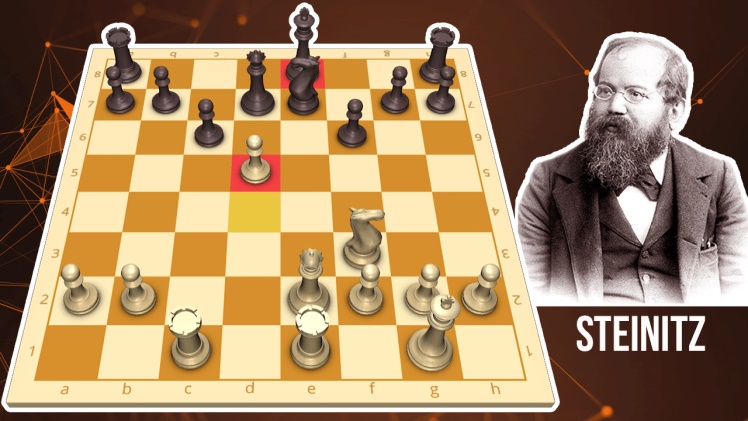Wilhelm Steinitz is often credited with revolutionizing the game of chess in the 19th century. His influence on modern chess is undeniable, and his impact is still felt to this day. Steinitz was born in ufabet Prague in 1836, and from an early age he showed a strong aptitude for the game of chess. He developed a revolutionary approach to the game, which he bet3d called “modern chess.” This new approach focused on positional play, rather than the more traditional approach of rushing and attacking. Steinitz argued Dress market that positional play was the more reliable way to win games of chess. Steinitz’s ideas were met with skepticism at first, but he was eventually able to prove their effectiveness in a series of matches against infoptimum some of the strongest players of the time. He went on to become the first official world chess champion in 1886, a title he held until
1. The legacy of Steinitz’s approach to chess can still be seen today. Professional chess players continue to adopt a medialex more cautious, positional approach to the game, and the popular chess openings are based largely on Steinitz’s theories. Even non-professional players benefit from the legacy of Steinitz’s ideas, as they allow for longer and more strategic games. Steinitz’s influence on modern chess is undeniable. His revolutionary approach to the game has shaped how we play chess today and has helped to make it one of the most popular and enduring games in the world.
Wilhelm Steinitz is one of the most influential and renowned chess champions of all time, and his contributions to the game have been invaluable. He was the first official World Chess Champion, reigning from 1886 to 1894, and he revolutionized the way the game was played. Steinitz was renowned for his positional approach to chess, which focused on the gradual development of pieces rather than quick attacks. He believed that the most efficient way to play was to control the board, rather than trying to checkmate the opponent as quickly as possible. His style of play was highly analytical, and he was able to anticipate his opponent’s moves several moves in advance.

